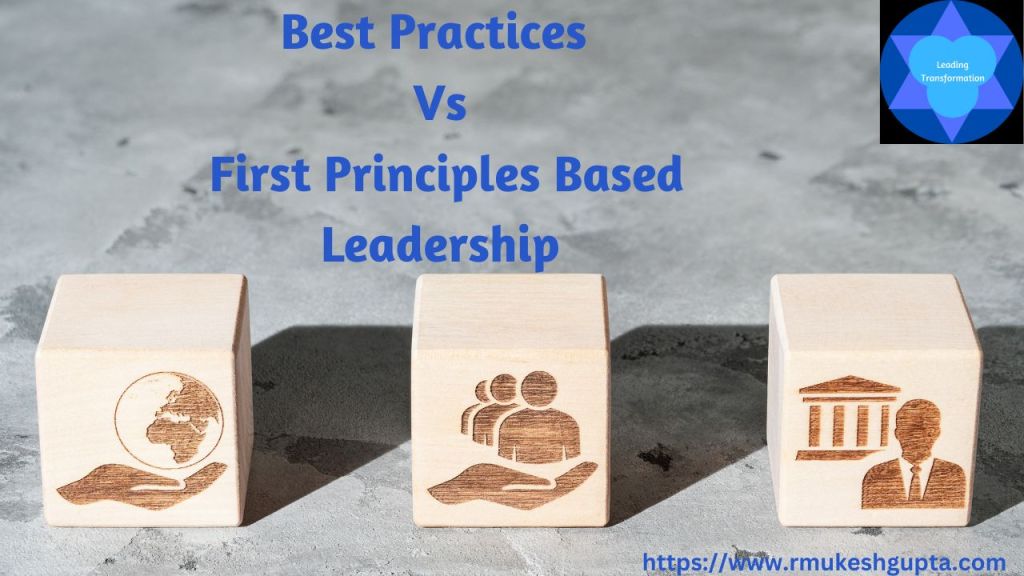
Earlier today, I read a blog post by Greg Satell titled “This Is One Big Reason Why So Much Business Thinking Is Crap“. In the post he shares his insight on how business fads are created, propagated and result in much waste before fading away.
I agree with him whole-heartedly. Building best practices through case studies and interviews, in my opinion is somewhat similar to how blind men would define an elephant, just by feeling a part of the elephant.
There is a lot that can go wrong in the process and Greg does a brilliant job at laying them all out in his blog post (which you can read here). Apart from all the things that he points out, one other thing that could result in a lot of noise is the culture of the organisation which is being studied.
The culture of an organization has a big impact on what and how work is being done. You can’t just take a practice from one culture and implant it in another culture and expect it to work exactly the same way as it did in the original culture.
The context could be different. The people are different. The way they come together could be different. The way they have made decisions in the past would be different. Their goals could be different. Their maturity (organisational, process, technological or any other form) would be different.
As Greg mentions in his post, there is a lot that could go wrong. Blindly following best practices from some other organisations can lead to significant distress within the organization and also prove to be expensive as it results in failed projects or programs over prolonged periods of time and management attention.
So, if we are not supposed to use best practices promoted by these experts, as leaders, what are we supposed to do? Do we have to reinvent the wheel every time? Isn’t that ineffective and expensive? These are very valid questions and the answer is to follow “First Principles Based Leadership”.
The next question then is what is “First Principles Based Leadership”. When as a leader, we think in first principles, i.e, to break down any given situation into the core components.
Then explore all the assumptions we are making in that situation, explore if those assumptions are still valid. If they are, we move forward to address the issue, if they are not, then we relook at the situation and explore and decide on the right mindset, toolset and the skillset that is required to address the situation.
This is emergent in nature and allows us to be more effective in our decision making rather than blindly follow someone else’s best practice recommendation.
This type of leadership seems to slow down the flow and to be expensive in the short term but significantly improves the flow and is cheaper in the mid-to-long term.
Starting today, I will explore the different facets of “First Principles Based Leadership” and how can we become a leader who practices and teaches this way to lead. Hope you will follow along and share your feedback.

